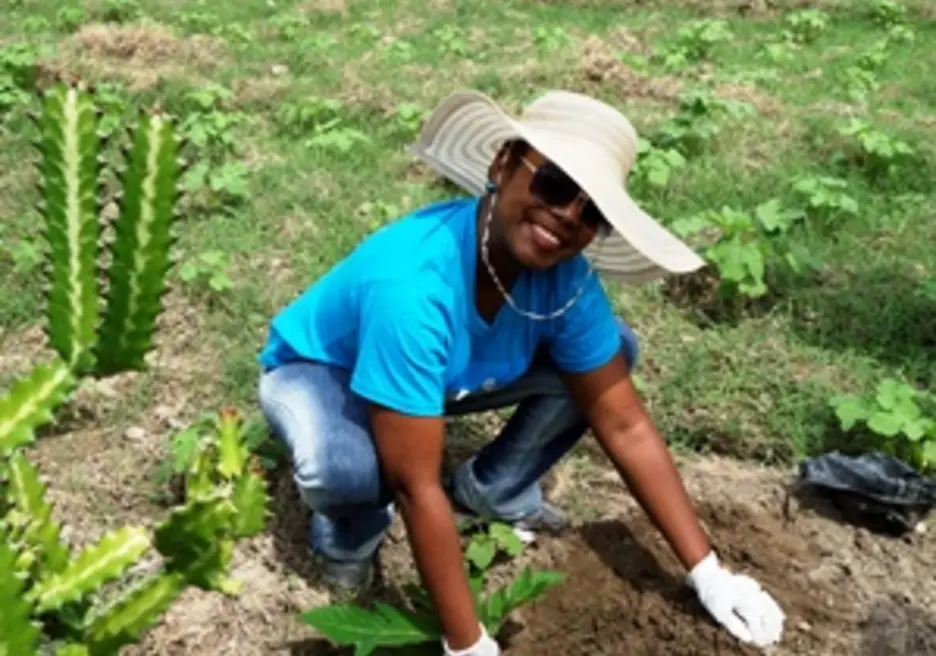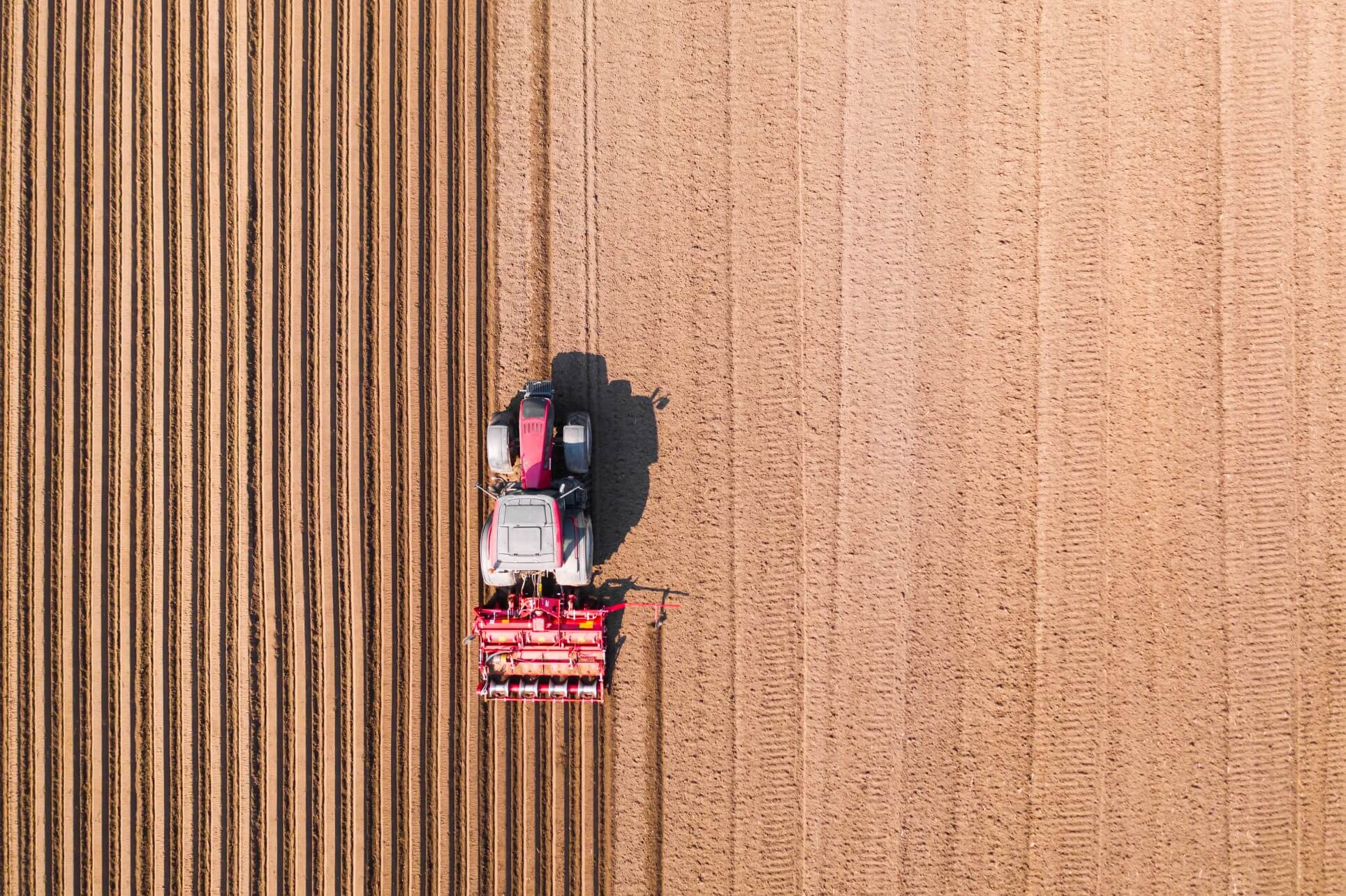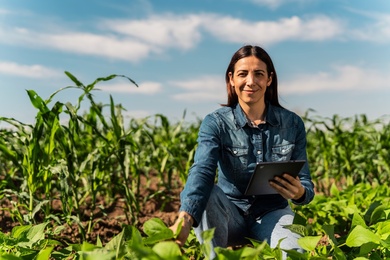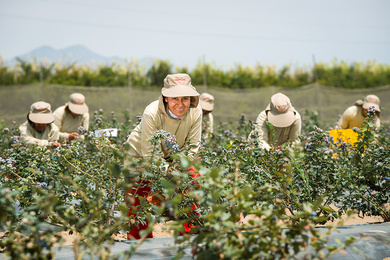A Business Approach to Smallholder Agriculture

 There is a need to ensure proper investments in these farmers to enhance their livelihoods and increase the productivity of their fields. Coupled with that, the impacts of climate change will likely alter production. It is critical that land-use practices are sustainable to ensure that ecosystems remain resilient, avoiding deforestation and degradation.
There is a need to ensure proper investments in these farmers to enhance their livelihoods and increase the productivity of their fields. Coupled with that, the impacts of climate change will likely alter production. It is critical that land-use practices are sustainable to ensure that ecosystems remain resilient, avoiding deforestation and degradation.
A recent report estimates smallholders' demand for finance is $300 billion (excluding China), of which just 2% is being met by social lenders or smallholder service agents. Smallholder service agents act as the middlemen between the smallholder farmers and the market. The objective of smallholder service agents is to enhance productivity and the livelihoods of the farmers. They often provide several services including:
1. improved seed, fertilizer and tools;
2. training to improve agricultural techniques;
3. financing in the form of credit, loans or purchase guarantees;
4. access to new markets for farm output; and
5. environmental protection standards
The Smallholders Farmers Alliance (SFA) in Haiti has added three additional services to this model, creating a community-scale business model combined with agroforestry production systems. The three additional services are:
6. training for farmers to become new smallholder service agents through a hybrid cooperative model that is self-financed and self-managed;
7. financial support, e.g. micro-credit, for women farmers; and
8. leadership development for farmers to foster community development.
SFA applied this approach to the SFA Gonaives Cooperative, which consists of 2,000 farmers. The farmers have all experienced a 40-50% increase in crop yields. Net farm income has increased by an average of 30%. Together the farmers are planting one million trees a year, contributing to the much-needed reforestation of the country. The key to success is based on two principles: (i) establishing an exit strategy, meaning that the cooperative will become self-sustaining without the need for future support from SFA and (ii) putting farmers first in all stages of project development and implementation. This model can prove to be revolutionary if replicated in other parts of the country, the region and globally.
The IDB’s CSR Program provided support to SFA to plant 20,000 trees. On October 24, 2014, 27 IDB employees from the Haiti Country Office visited the farming cooperative in Gonaives to participate in the tree-planting event putting #FarmersFirst.
https://www.facebook.com/InterAmericanDevelopmentBankCSR?ref=profile
LIKE WHAT YOU JUST READ?
Subscribe to our mailing list to stay informed on the latest IDB Invest news, blog posts, upcoming events, and to learn more about specific areas of interest.
Subscribe



